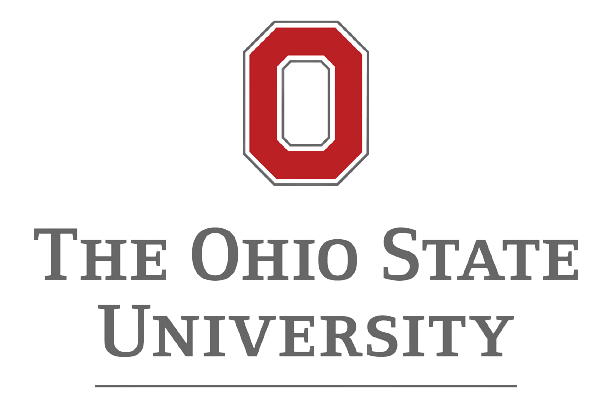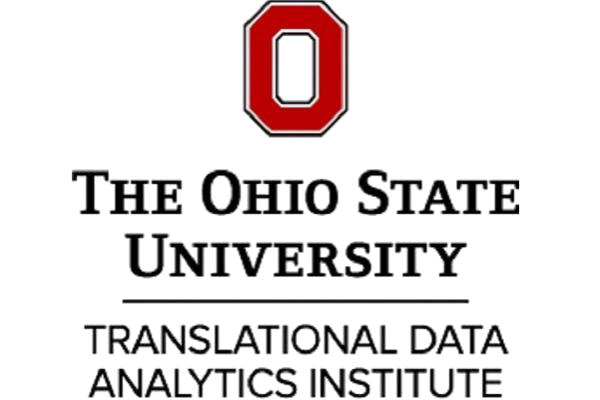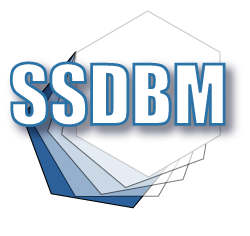
37th International Conference on Scalable Scientific Data Management
June 23–25, 2025 — Columbus, Ohio
Advance Program
Venue: Pomerene Hall
Important Dates
Paper submission deadline (Main Track): Mar 2nd, 2025 AOE
Paper submission deadline (Short and Demo papers): Mar 21st, 2025 AOE
Poster submission deadline : Apr 21st, 2025 (extended)
Notification for acceptance (Papers): Apr 4th, 2025
Notification for acceptance (Short and Demo papers): Apr 14th, 2025
Notification for acceptance (Posters): Apr 21st, 2025
Camera-Ready Deadline: May 5th, 2025Author Registration Deadline: TBD, 2025
Supporters
Keynotes
Keynote 1: Manish Parashar
TITLE: Catalyzing the Transformative Impact of Open Science Data
ABSTRACT: Open data is integral to the scientific process and a key enabler of innovations and discoveries across all disciplines, and essential to addressing important scientific and societal grand challenges, especially given the increasing use of AI/ML. As a result, open and equitable access to this data is more critical than ever. This talk will discuss the importance and urgency of open data access and explore some of the barriers and challenges to such access. It then introduces the vision and architecture of the National Data Platform project, as part of a broader national cyberinfrastructure, aimed at catalyzing an open and extensible data ecosystem, and highlights key use cases.

BIO: Manish Parashar is the Chief AI Officer at the University of Utah. He is also the Director of the Scientific Computing and Imaging (SCI) Institute, Chair in Computational Science and Engineering, and Presidential Professor at the Kalhert School of Computing. Manish’s expertise is in high-performance parallel and distributed computing, large-scale data management, and cyberinfrastructure. Manish is the founding chair of the IEEE Technical Community on High Performance Computing (TCHPC) and is a Fellow of AAAS, ACM, and IEEE.
Keynote 2: Rob Ross
TITLE: Supporting Science Through Data Management Software
ABSTRACT: Successful science relies on data in many forms. Data management in computational science historically revolved around inputs and outputs of simulations and middleware libraries executed on HPC platforms. More recently, increasingly complex workflows, coupled with a greater variety of computational tasks, has prompted the development of new data management software to meet new requirements, including streaming services, specialized model repositories, and vector databases. Rapid change driven by AI and the incorporation of geographically distributed resources is altering the landscape yet again. This talk will first discuss recent progress, successes, and lessons learned through our efforts to better understand and accelerate the development of data management services for computational science. It then pivots to consider trends in how we pursue science and their implications for data management software going forward.
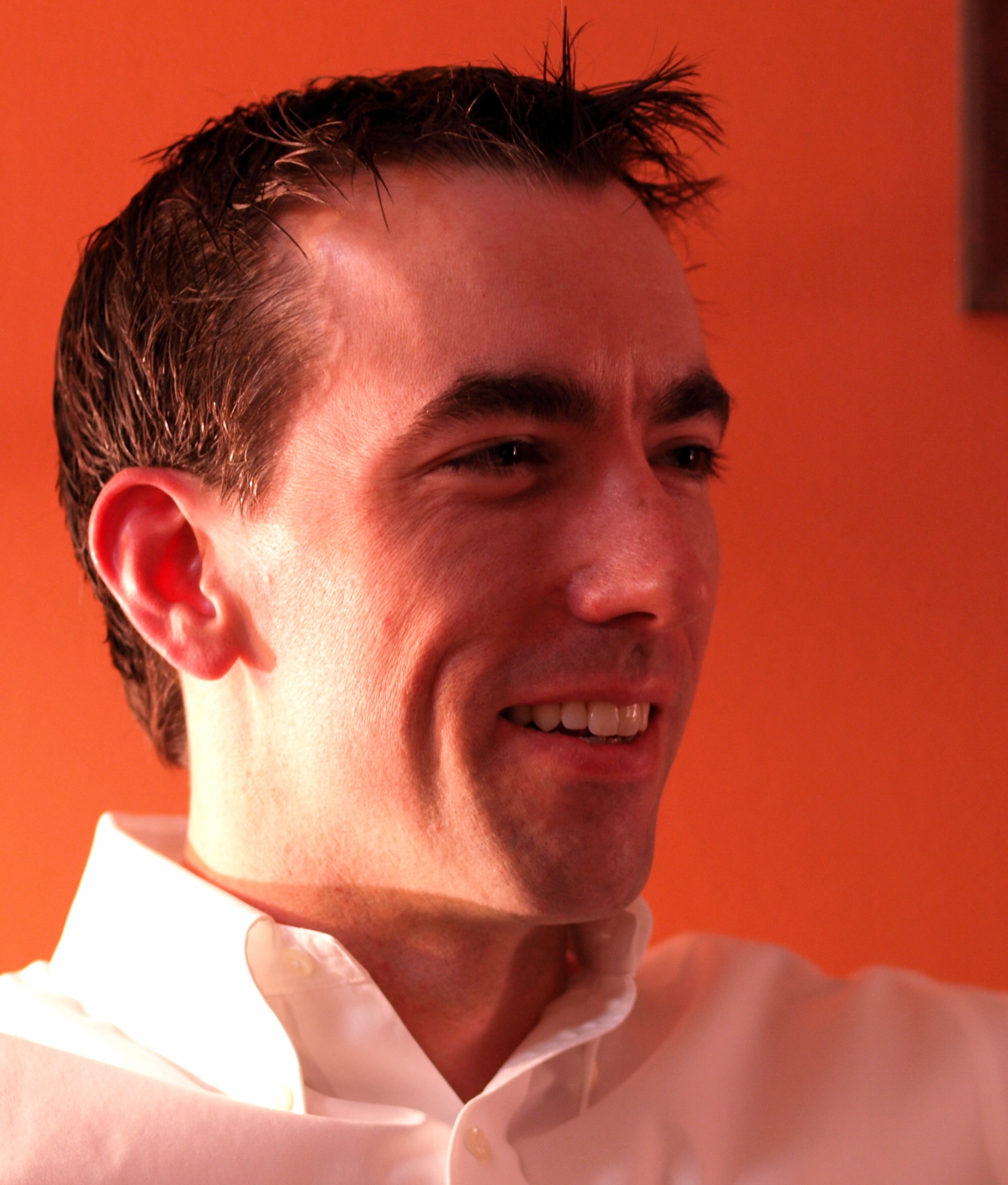
BIO: Rob Ross is a senior computer scientist and deputy division director for computer science in the Mathematics and Computer Science (MCS) Division at Argonne National Laboratory. He is internationally recognized for his research in high-performance computing (HPC), including innovative work on HPC storage, data analysis, and communication software. He serves as director of the DOE SciDAC RAPIDS Institute for Computer Science, Data, and Artificial Intelligence, a $7.8M/yr activity spanning 13 institutions helping scientists achieve breakthroughs using DOE HPC systems such as Aurora. Additionally, he plays an active role in shaping the direction of HPC, serving on technical computing advisory boards, presenting seminars at several ASCR Advisory Committee Meetings, co-chairing multiple ASCR workshops, and contributing to DOE ASCR reports on requirements for software, data management, and energy efficiency. He has received numerous awards, including a DOE Early Career award (2004), the DOE Ernest Orlando Lawrence award (2020), and the Secretary of DOE Honors award (2024), and is an ACM Fellow.
Keynote 3: Xian-He Sun
TITLE: The Data-Centric Imperative: from Hermes to StoreHub
ABSTRACT: With the exponential growth of big data, AI, and data-intensive scientific applications, computing has become data-centric. Traditional I/O architectures and storage paradigms are no longer meeting the data-centric demand. A paradigm shift is needed to seamlessly integrate high-performance computing power with the velocity, volume, and variety of data to serve diverse AI demands. This keynote will explore the critical challenges and exciting opportunities in architecting next-generation storage systems and provide our current solutions for meeting these demands. We will introduce a new paradigm, named dataflow under the von Neumann machine. First, we present the C-AMAT model, which quantifies the benefits of concurrent data access and reveals the relationship between data locality and concurrency. Next, we introduce the LPM (Layer Performance Matching) framework to optimize memory system performance and formally introduce the concept of dataflow under the von Neumann machine. We then discuss our recent work in I/O systems, focusing on the Hermes multi-tiered I/O buffering system. Hermes optimizes data movement based on the LPM framework and has been a significant success. Finally, we will address some fundamental issues and present forward-thinking computer system designs for AI and big data applications, aimed at mitigating the memory-wall problem. We will discuss the critical role of collaborative research infrastructures, like the envisioned StoreHub, in accelerating progress. Such platforms are essential for enabling the co-design, testing, and validation of novel hardware and software solutions, fostering a community approach to tackling the I/O imperative, and ultimately, unlocking the full potential of data-centric scientific discovery.

BIO: Dr. Xian-He Sun is a University Distinguished Professor, the Ron Hochsprung Endowed Chair of Computer Science, and the director of the Gnosis Research Center for accelerating data-driven discovery at the Illinois Institute of Technology (Illinois Tech). Before joining Illinois Tech, he worked at DoE Ames National Laboratory, at ICASE, NASA Langley Research Center, at Louisiana State University, Baton Rouge, and was an ASEE fellow at Navy Research Laboratories. Dr. Sun is an IEEE fellow and is known for his memory-bounded speedup model, also called Sun-Ni’s Law, for scalable computing. His research interests include high-performance data processing, memory and I/O systems, and performance evaluation and optimization. He has over 350 publications and 7 patents in these areas and is currently leading multiple large software development projects in high performance I/O systems. Dr. Sun is the Editor-in-Chief of the IEEE Transactions on Parallel and Distributed Systems, and a former department chair of the Computer Science Department at Illinois Tech. He received the Golden Core award from IEEE CS society in 2017, the ACM Karsten Schwan Best Paper Award from ACM HPDC in 2019, and the first prize best paper award from ACM/IEEE CCGrid in 2021. More information about Dr. Sun can be found on his web site.
Keynote 4: Laura Biven
TITLE: Trends and research challenges for data and computing ecosystems
ABSTRACT: TBD
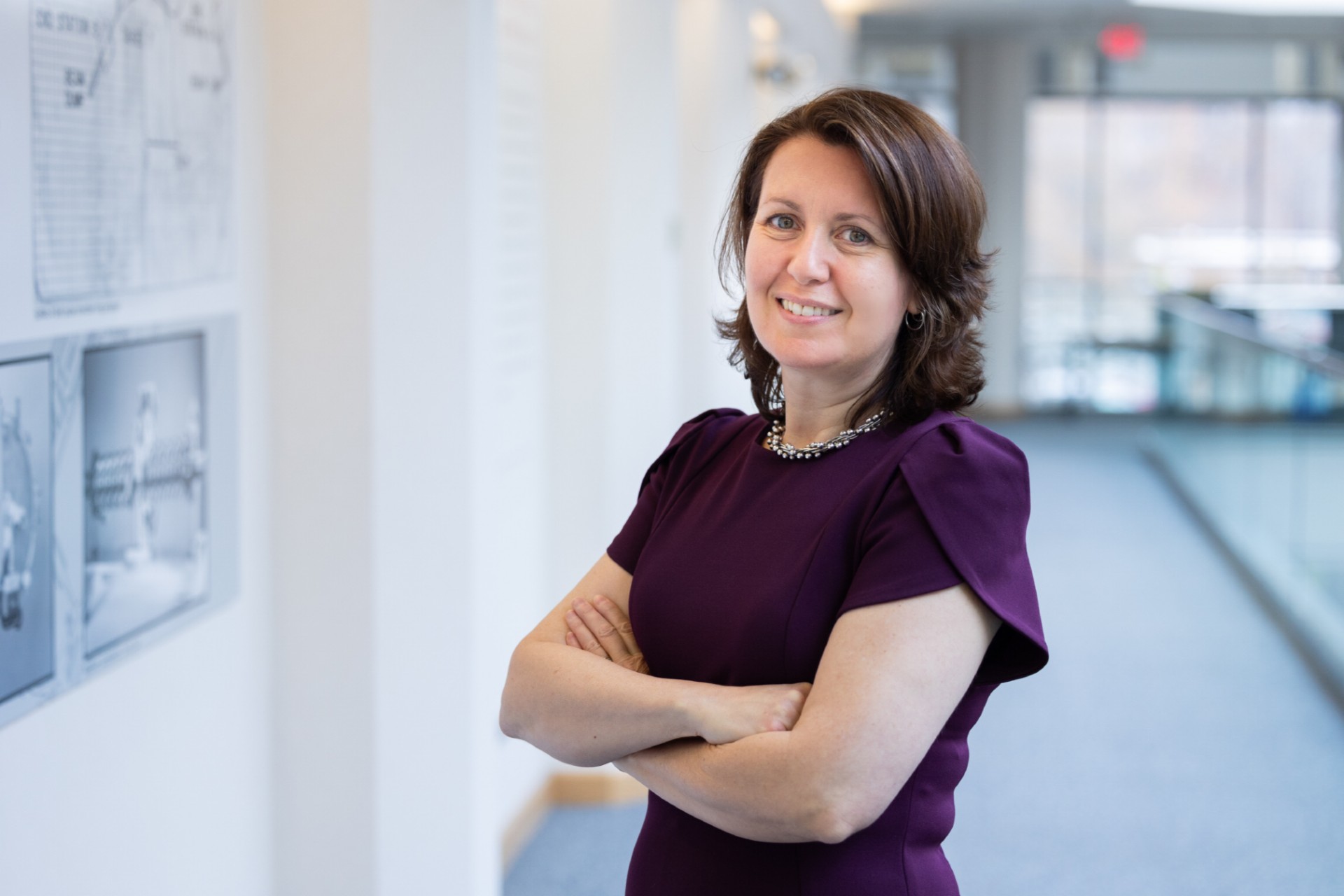
BIO: Laura Biven is the Chief Data Officer for Jefferson Laboratory where she leads data strategy for both mission and operations and contributes to the High Performance Data Facility project. Prior to joining JLab, Laura led the Integrated Infrastructure and Emerging Technologies branch at the NIH Office of Data Science Strategy. In this role, she led the development of federated, interoperable data infrastructure and multi-disciplinary, NIH-wide research programs in artificial intelligence. Her projects included the NIH Cloud Platform Interoperability program, the Artificial Intelligence/Machine Learning Consortium to Advance Health Equity and Researcher Diversity (AIM-AHEAD) program, and the Advancing Health Research through Ethical, Multimodal AI Initiative. Before joining NIH, Laura spent 12 years at the Department of Energy, where she led strategic efforts in data management and data science including the development and implementation of the department-wide data management plan requirements; the PuRE Data initiative; and a portfolio of research in data management, analysis, and visualization. While in government, Laura served on multiple interagency working groups including as co-chair of the NITRD Interagency Working Group on Big Data and developing guidance for research data repositories and sharing. She is currently a member of the Academic Data Science Alliance board and the FAIR Digital Objects Forum Steering Committee. Laura began in public service as a AAAS Science and Technology Policy Fellow, serving first in the U.S. Department of Agriculture and then in the Department of State. She holds a first class MSci in math and physics from the University of Bristol and a Ph.D. in applied mathematics from the University of Warwick, both in the UK.
